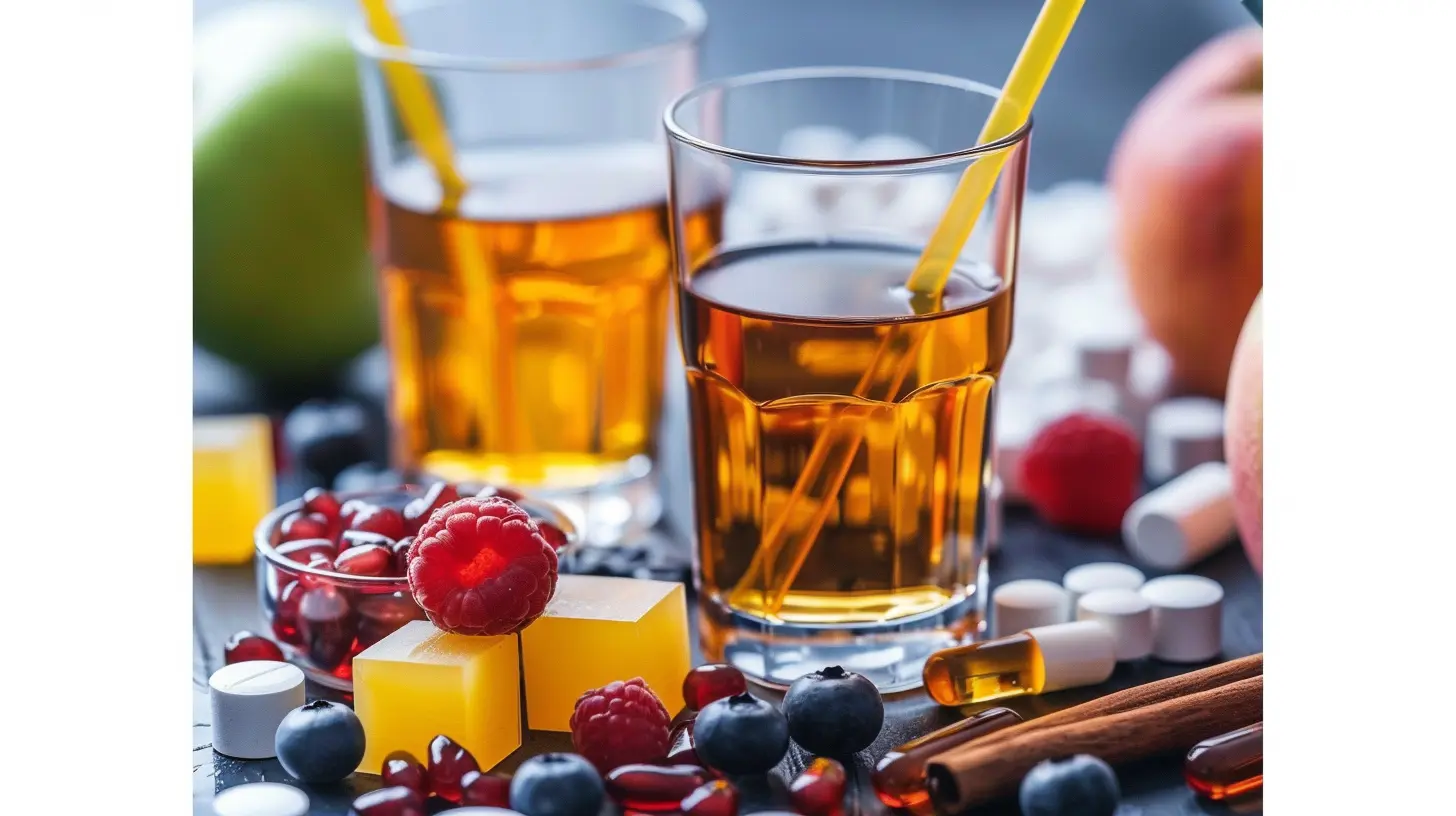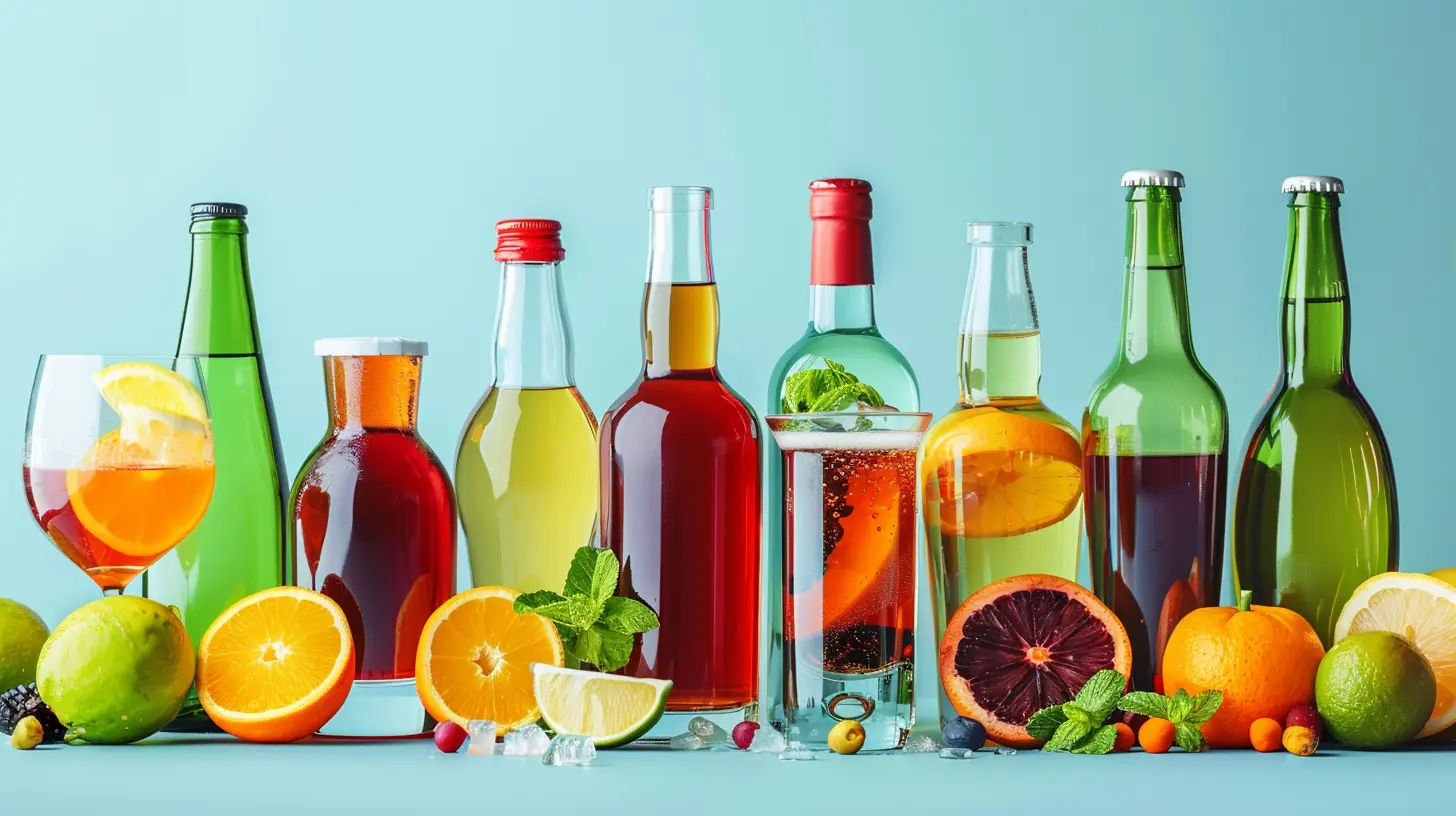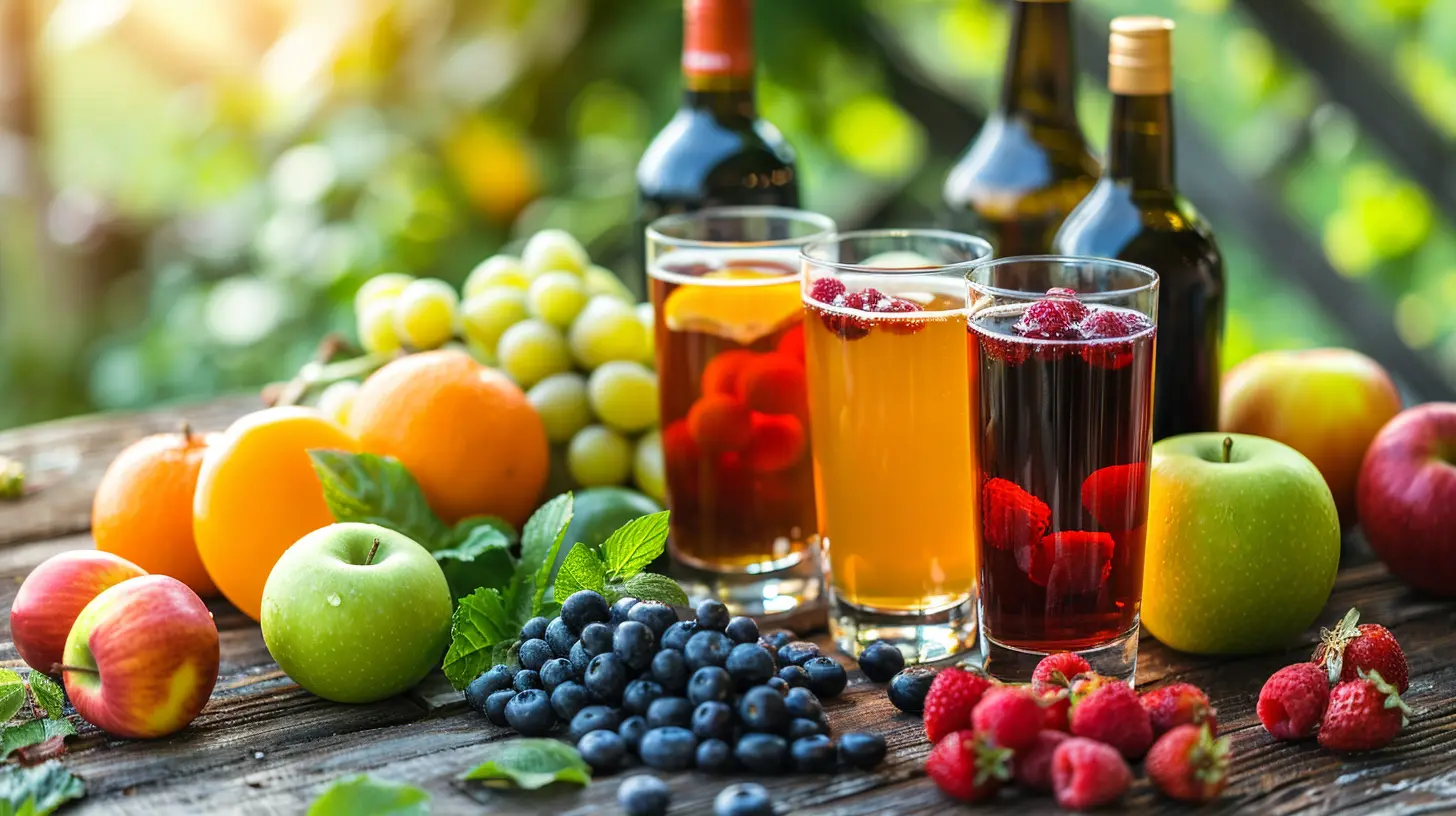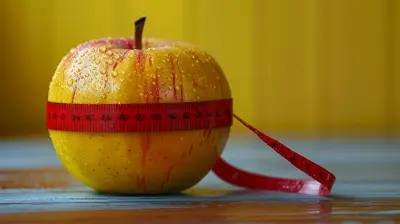Alcohol and Diabetes: What’s Safe to Consume?
13 July 2025
So you’re living with diabetes and wondering if you can still have the occasional glass of wine or enjoy a cold beer with friends. Totally understandable! You’re not alone in asking this question. Many people with diabetes wonder how alcohol fits into a healthy lifestyle without throwing their blood sugar into a rollercoaster ride from hell.
Well, here’s the good news: Yes, you can drink alcohol if you have diabetes — but with a few important caveats. Like pretty much everything in diabetes management, it comes down to balance, awareness, and smart choices.
Let’s break it down and clear up the confusion.
Can People with Diabetes Drink Alcohol?
Short answer: Yes, but moderation and awareness are key.Alcohol doesn’t automatically make the "do not consume" list for people with diabetes. That said, alcohol can have some pretty unpredictable effects on blood sugar levels — sometimes causing a spike, other times a dangerous drop, especially if consumed on an empty stomach or combined with certain diabetes medications.
So if you thought diabetes meant saying goodbye to your favorite drinks forever, breathe easy. You don’t have to go teetotal. But now's the time to become an informed drinker.
How Alcohol Affects Blood Sugar
Let’s get a little "science-y" for a second, but don't worry, I promise it won’t be boring.When you drink alcohol, your liver has to work really hard to process it. The liver is also the organ responsible for releasing stored glucose (sugar) into your bloodstream to keep your blood sugar levels steady — especially between meals or overnight.
But here’s the kicker: Your liver can’t multitask. So when it's busy breaking down alcohol, it puts blood sugar regulation on the back burner. This can lead to hypoglycemia (low blood sugar), particularly in people taking insulin or other medications that lower blood sugar.
And this drop in blood sugar? It can sneak up on you hours later — even overnight — which makes it a little dangerous if you’re not prepared.
Symptoms of Low Blood Sugar (and Why It’s Tricky with Alcohol)
Here’s where things get complicated — and kind of scary: The symptoms of a low blood sugar episode (confusion, slurred speech, drowsiness) can look a lot like being drunk. So if you find yourself in a situation where your blood sugar drops after a night out, people might assume you’ve just had "one too many" when you actually need help.That’s why it’s super important to:
- Always wear a medical ID (bracelet or necklace)
- Let your drinking buddies know you have diabetes
- Keep fast-acting carbs on hand (like glucose tablets or juice)
You want your friends to know that if you’re acting a little off, it might not just be "happy hour" talking.
The Do’s and Don'ts of Drinking with Diabetes
Let’s break this down in a simple way — think of this as your go-to checklist.✅ DO:
- Eat before drinking (and while drinking!) to prevent lows.- Choose drinks low in sugar and carbs.
- Stay hydrated — alternate alcohol with water.
- Monitor blood sugar before, during, and after drinking.
- Limit yourself — moderation is everything.
- Talk to your doctor — some medications may interact with alcohol.
❌ DON’T:
- Drink on an empty stomach.- Forget to monitor your blood sugar (especially overnight).
- Overdo it — binge drinking is never a good idea, diabetes or not.
- Assume every “light” drink is healthy — read the labels!
- Ignore how alcohol affects YOUR body — everyone reacts differently.
What’s Safe to Sip On?
So, what can you actually drink without throwing your blood sugar for a loop? We’ve got you covered.🍷 Wine (Red or White)
A glass of dry red or white wine is usually okay. These types tend to have fewer carbohydrates — around 3-4 grams per serving. Just steer clear of sweet or dessert wines, which are packed with sugar.- Best Choice: Dry wines (like Cabernet Sauvignon or Chardonnay)
- Avoid: Sweet wines, dessert wines, sangria (hello, sugar bomb!)
🍺 Beer
Beer can be tricky because it contains carbohydrates — and some beers are basically liquid bread.- Best Choice: Light beers (they often have fewer carbs)
- Avoid: Craft and flavored beers, stouts, ales (they can be high in carbs)
- Pro Tip: Check labels or apps to find out the carb content before cracking one open.
🍸 Spirits and Liquor
Liquor like vodka, gin, rum, and whiskey is actually carb-free — sounds like a win, right?Well, not so fast. It’s what you mix with them that often causes blood sugar spikes.
- Best Choice: Spirits with sugar-free mixers (like soda water or diet tonic)
- Avoid: Cocktails with sugary juices, soda, or syrups (Margaritas and Piña Coladas, we’re looking at you)
🍹 Diabetic-Friendly Cocktails
Got a mixologist vibe going on? Try these lower-sugar options at your next get-together:- Vodka + soda water + squeeze of lime
- Gin + diet tonic + cucumber slices
- Whiskey with a splash of diet ginger ale
- Tequila with fresh lime juice and a pinch of sea salt (no sugary margarita mix!)
How Much Is Too Much?
Moderation is the golden rule — even more so when you’re dealing with diabetes.According to general health guidelines:
- For men, up to 2 drinks per day
- For women, up to 1 drink per day
And what exactly counts as one drink?
- 5 oz of wine
- 12 oz of beer
- 1.5 oz of distilled spirits
Portion size matters — so don’t over-pour that glass of wine and call it “just one.”
Alcohol and Type 1 vs. Type 2 Diabetes
While the general rules apply to both types, there are a few things to keep in mind:Type 1 Diabetes
People with Type 1 are especially at risk for delayed hypoglycemia after drinking. Why? Because insulin is always in the picture, and if the liver is busy with alcohol, it won’t release glucose to counteract insulin's effects.Nighttime lows can be really dangerous, so monitoring through the night or using a continuous glucose monitor (CGM) can be a lifesaver — literally.
Type 2 Diabetes
Type 2s might experience fewer dramatic lows (unless on insulin or sulfonylureas), but high-sugar cocktails or frequent heavy drinking can lead to insulin resistance, making blood sugar harder to control over time.Also, alcohol can mess with weight management goals — which, let’s face it, are often part of managing Type 2.
A Word About Medications
If you’re on medications like insulin, sulfonylureas, or meglitinides, be extra cautious. These meds lower blood sugar, and alcohol can enhance that effect. The combo can lead to sudden, unexpected hypoglycemia — not a fun surprise.And hey, always talk to your doc or diabetes educator before making alcohol a regular part of your life again. They’ll help you sort through any interactions or risks based on the meds you're on.
Tips for a Safe Night Out (or In)
We get it — sometimes you just want to unwind or celebrate. Here's a few final quick tips to keep your night fun and safe:- Never drink alone if you’re at risk for lows
- Carry an ID that mentions your diabetes
- Stick to your usual meal-and-medication schedule
- Bring backup snacks or glucose tabs
- Keep your friends in the loop (they can help spot a low!)
It's All About Balance
Having diabetes doesn’t mean you have to be a buzzkill. With the right precautions, knowledge, and moderation, you can enjoy a drink just like anyone else.Remember, every body is different, so it’s all about paying attention to how your body responds to different drinks — and keeping your blood sugar goals front and center.
Whether it’s a glass of wine with dinner or a celebratory toast, you can still raise a glass — just do it smartly.
Here’s to good health, smart choices, and making informed sips!
all images in this post were generated using AI tools
Category:
DiabetesAuthor:

Laurie Barlow
Discussion
rate this article
1 comments
Scout McClellan
This article provides vital insights on alcohol consumption for individuals with diabetes. It emphasizes moderation, the impact of different types of alcoholic beverages on blood sugar levels, and the importance of consulting with healthcare professionals. Understanding these factors can help manage diabetes effectively while enjoying occasional drinks.
August 6, 2025 at 4:40 AM

Laurie Barlow
Thank you for your feedback! I'm glad you found the insights on moderation and consultation helpful for managing diabetes while enjoying alcohol.


